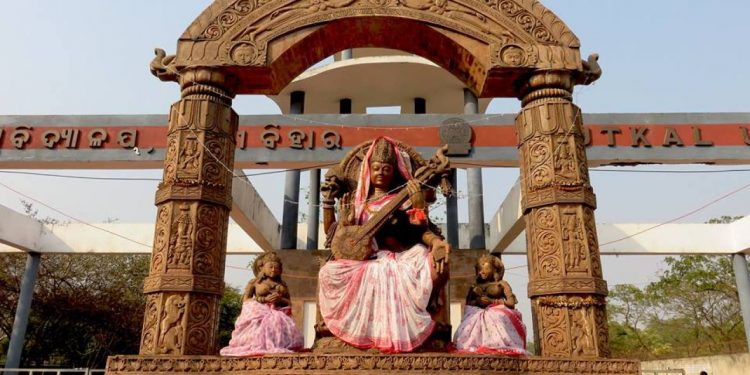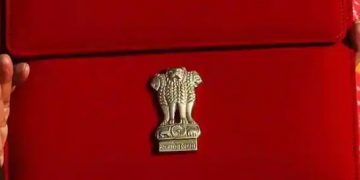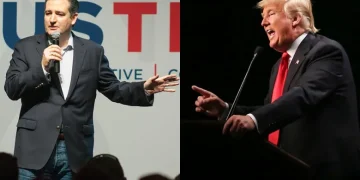Dhanada K Mishra
Odisha made news recently for an unusual final test to choose vice-chancellors for several universities in the state. The shortlisted candidates – all presumably highly qualified, experienced and senior academicians – were handed over a question paper as they were waiting presumably for their interview with the Chancellor – the Governor. It was unusual on several counts and has rightly raised the eyebrows of many eminent academicians and intellectuals. The Chancellor was dealing with a personal tragedy and couldn’t attend to the scheduled interviews. Instead, an official conducted the test with four questions – “The universe is built on…?”, “The role of the university to build the universe?”, “You have work experience. The style of working? The spirit of working?”, “If God appears before you and asks for a boon, what will you like to ask for?” The questions were to be addressed in under 45 minutes in a physically proctored written test. Much has been written on social media on the merit or lack thereof of the questions for the purpose of selecting an academic leader. The much larger question, however, is the role of a vice-chancellor or for that matter any academic leader of significant institutions (say IITs and IIMs, etc) in achieving the true purpose of the organisation.
The now annual ritual of bemoaning the fact that no Indian institution of higher education figures in the top 100 universities in either of the global surveys – be it Time Higher Education (THE) ranking or QS ranking. A number of universities from a small autonomous region like Hong Kong let alone mainland China figure in such elite lists. Fortunately, in recent years, many younger institutions and particularly those set up in the non-government sector in India are finding a place in the rankings although not yet among the top global names. Among many factors that are attributed to such performance of Indian institutions, the role of leadership is a critical one. There are many aspects to choosing the right leader for an institution of higher education. The process can be quite a complex and long drawn out event as in many cases it takes a global search spanning over several years to select a leader for any top ranking university. Generally, they are picked for a long tenure unlike the case in India where the typical tenure for a vice-chancellor or director lasts three or four years at most. By contrast, let’s look at two prominent examples from among top world universities. One of the oldest, the University of Michigan (global THE ranking of 22 and QS ranking 21) which was founded in 1817 has had 14 presidents over its 203 years history with an average tenure of around 15 years with the longest being that of James Burrill Angell of 38 years from 1871 to 1909! On the other hand, one of the youngest global universities, Hong Kong University of Science and Technology (HKUST, ranked 27 on QS ranking and no 1 in the under 50 years old university by Times Higher Education ranking) which was founded in 1991 has had four presidents each approximately having had a tenure of about 10 years. Interestingly recent data suggests that in many universities around the world the average tenure of presidents or vice-chancellors is becoming shorter. A major reason for this is the rapidly changing higher education landscape that makes it difficult for an individual to re-invent himself/herself continuously to adapt or set a new agenda periodically. The other reason is the evolving nature of the leadership position which has become more complex with multiple challenges to deal with such as cuts in state funding, public relations, performance assessment, accountability, etc.
Closer home, the newer IITs have been getting directors appointed for a term of five years keeping in view the challenges of setting up a new institution in a short time frame from scratch. As a result, some of them have done really well in global rankings. Director of IIT Gandhi Nagar, Prof Sudhir Jain is in his third five-year term and will probably set a record completing a total of fifteen years at the helm of IITGn. The institution has come up really well under his stewardship. Several other newer IITs, including our own IIT Bhubaneswar, also demonstrate the benefit of leadership positions with longer tenure.
Tenure of the leader of a higher education institution may not be the only factor in achieving excellence but there is overwhelming evidence that it is an important one. It is well established in organisational management research that tenure of a minimum of five years is necessary to make a lasting impact in an executive position. Short tenures cause loss of continuity, reset momentum, and create a leadership vacuum. Revolving doors are no good for stability. Vice-chancellors, presidents, or directors come in with a vision for the institution and prepare a strategic plan to turn the vision into reality. It needs time – especially in higher education where a leader has to work with many stakeholders in a participatory governance model.
The recent move by the state government to replace the member of the search committee representing the university syndicate with a representative of the government is not going to help the situation. As per the recommendation of the 2011 Higher Education Taskforce, the government should reform the outdated university Acts and Statutes in line with the latest UGC guidelines rather than reverting back to the much older Odisha Universities Act, 1989, with amendments by ordinance. It would appear that the unfortunate Indian tradition of selecting academic leaders for 3-4 year tenures in state government institutions is borrowed from a similar practice for bureaucrats. A practice that has been long discarded by the British who introduced it in India for no reason other than the fear that with a longer tenure if an officer becomes popular that may be a problem for the British rulers. Unfortunately, such undesirable traditions seem to linger on in our country in many domains. Of late, there are also reports of ideological dispositions of the ruling dispensation, outright bribery, and quid-pro-quo affecting such appointments. Such perversions would harm the prospects of affected institutions of higher education very badly when it comes to competing with their peers on a global platform.
The author is an academician currently visiting Hong Kong University of Science and Technology as a Research Scholar. He can be reached by email at dhanadam@gmail.com






































